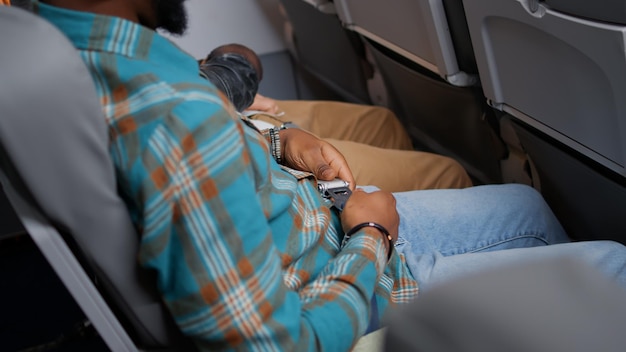Traveling is exhilarating—new places, cultures, and experiences. But behind the excitement, your body is under constant stress. Jet lag, irregular meals, disrupted sleep, and long periods of inactivity can sabotage your recovery, leaving you drained instead of energized. For frequent travelers, understanding how to enhance recovery is not a luxury—it’s essential.
Recovery isn’t just about rest after a workout. It’s your body’s way of repairing tissues, rebalancing hormones, and restoring mental clarity. When you travel, these systems are disrupted. Without proper recovery, you risk fatigue, weakened immunity, and reduced performance—whether you're presenting at a conference or hiking a mountain trail.

Airplane cabins have humidity levels below 20%, leading to rapid dehydration. Even mild dehydration affects mood, focus, and physical recovery.
Solution: Carry a reusable water bottle. Aim for 500ml every 2–3 hours during flights. Add electrolytes to maintain mineral balance.
Use a hydration app to log water intake. Set hourly reminders. Reward yourself with a small treat after hitting your daily goal.
Changing time zones and late-night excursions disrupt circadian rhythms. Poor sleep delays muscle repair and cognitive recovery.
Solution: Gradually adjust your sleep schedule 2–3 days before departure. Use blue-light-blocking glasses in the evening. Stick to a 30-minute wind-down routine—even in a hotel room.
"Every hour of quality sleep is a deposit into your energy bank. Withdraw wisely."

Sitting for hours during flights or car rides slows circulation and increases inflammation, hindering recovery.
Solution: Perform seated stretches every hour. Walk the aisle, do calf raises, or use resistance bands in your hotel room. Aim for 10 minutes of movement every 3 hours.
Use a step-tracking app or smartwatch. Set a minimum daily step goal (e.g., 6,000 steps) even on travel days.
Airport food is often high in sugar, salt, and processed carbs. These spike insulin and increase inflammation, slowing recovery.
Solution: Pack nutrient-dense snacks like nuts, jerky, or protein bars. Choose grilled proteins and vegetables when dining out. Prioritize fiber and healthy fats.
"Fuel your journey like a pro athlete—every bite counts."

Stress from delays, navigation, and unfamiliar environments spikes cortisol. High cortisol impairs recovery and sleep quality.
Solution: Practice 4-7-8 breathing (inhale 4s, hold 7s, exhale 8s) during delays. Use a mindfulness app for 5-minute meditations between activities.
Log daily mindfulness minutes. Aim for 10 minutes minimum. Celebrate weekly streaks.
Jumping straight into work after a long trip denies your body needed recovery time.
Solution: Schedule a 'recovery day' or half-day after returning. Prioritize sleep, light movement, and a nutritious meal. Avoid back-to-back meetings.
"Recovery isn’t lost time—it’s performance insurance."
Natural light regulates melatonin and cortisol. Lack of morning sunlight delays circadian realignment.
Solution: Get 15–30 minutes of morning sunlight after landing. Use a daylight-simulating lamp if weather doesn’t cooperate.
Note your first light exposure time in a travel journal. Aim for within 1 hour of waking.
Without feedback, you can’t improve. Many travelers guess how they feel instead of measuring.
Solution: Use a simple recovery score: rate sleep (1–5), energy (1–5), and mood (1–5) daily. Track trends across trips.
"What gets measured gets managed. Your recovery is no exception."
Travel doesn’t have to drain you. By avoiding these eight common mistakes and using practical tracking and motivation tools, you can maintain energy, focus, and resilience—no matter where you are.
Start small: pick one mistake to fix on your next trip. Build from there. Your body—and your future self—will thank you.

Wellness

Wellness

Wellness

Wellness

Health

Fitness

Health

Health